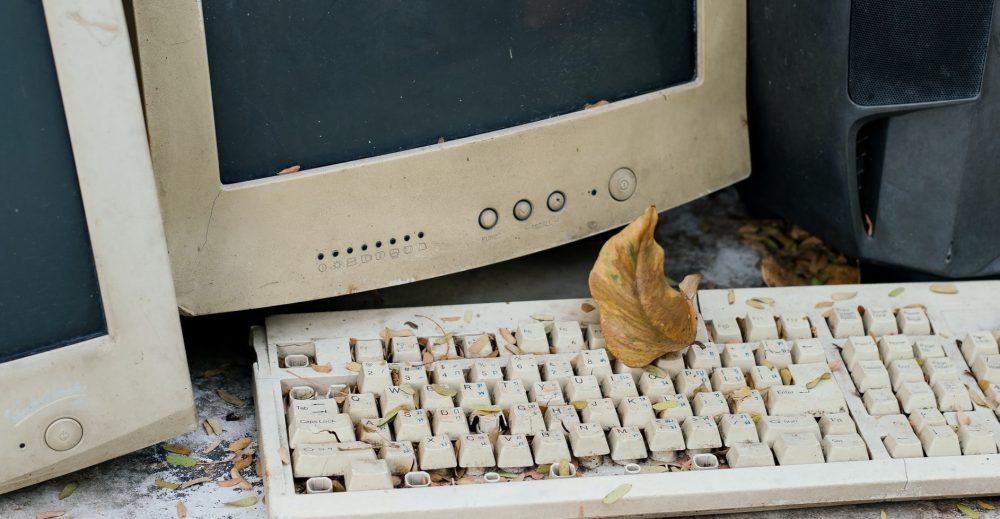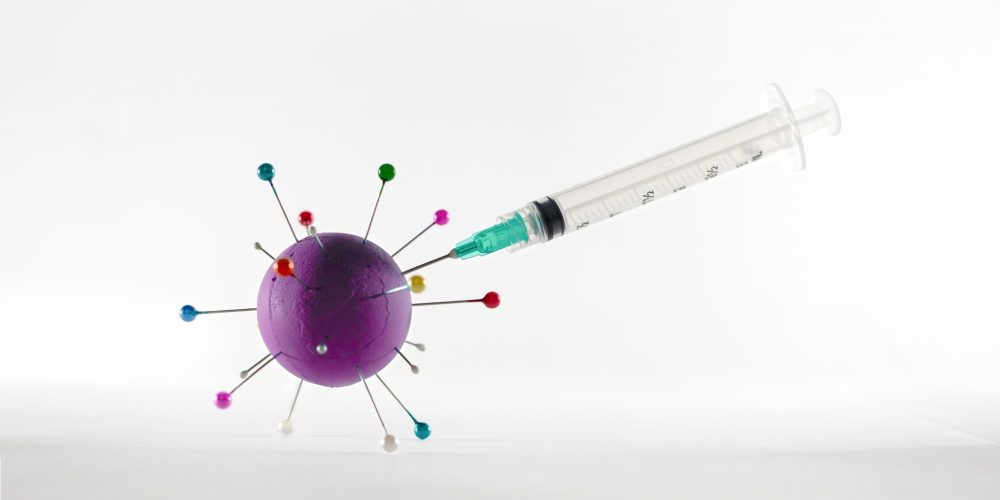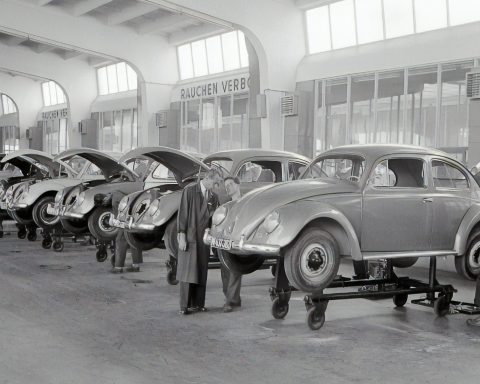
As I attempt to summarise yet another incoming set of practice notes I find once again a failure of the transfer of the electronic medical record from the previous practice. This process is referred to as GP2GP.
When it works, a wonderful seamless transfer of medical information (including drug adverse reactions and test results) passes from one practice to the next and reduces the summariser task to simple checks and removal of degraded codes. In addition, when working well this general practice record can be transferred to the summary care record which can be seen by the patient on their phone or personal computer. But often the reality is different.
Just the other day two sets of notes lacked both the electronic record and the last ten years of printed clinical notes. As I see myself as a small but important cog (a Summariser) in the notes process, I have become exasperated by the transfer of notes issue.
It is a disappointment that records still do not transfer well in England.
NHS Digital in its guidance notes on the Health and Social Care Centre states that the GP2GP transfer process is straightforward in principle. Yet many issues can occur that make failure of this process possible. There is a window of just 8 days from patient registration to successful transfer of the electronic medical record, but after this time it is up to the leaving practice to print off paper copies of the pertinent medical record. Large computer downloads of complex patients have been difficult to transfer without enlisting a large file process in the receiving medical computer system. Of course, these thick electronic records are the very notes one wishes to transfer to avoid reconstruction. The practice has had electronic records since 2005 so it is a disappointment that records still do not transfer well in England.
Failure to get this right soon will see a significant degradation of primary care medical notes.
NHS Digital is now becoming aware that a significant percentage of GP2GP transfers are not being successfully completed and EMIS support sent out an email on 8/10/2021 entitled ‘Maximising the efficiencies of GP2GP’. EMIS is our local provider of electronic records and is working on optimisation of this process with upgrades in the future. Failure to get this right soon will see a significant degradation of primary care medical notes, and issues with the summary care record. It may even lead me to retire in my role as the practice summariser!








